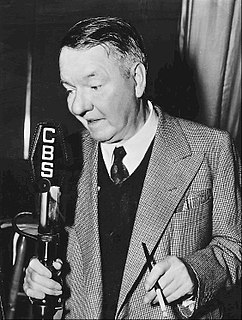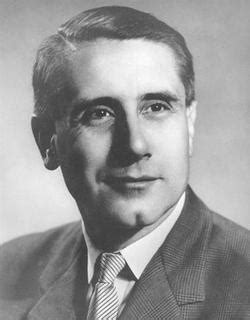A Quote by W. C. Fields
Related Quotes
We've looked at sleep diaries of patients with insomnia, and they'll say that they don't sleep for one or two days. And the body actually has a natural function, after about the third day to start catching up and you get a little bit more sleep the third night. And that's usually what I tell my patients.
Insomnia is a very prevalent issue. It's a women's health issue, and I chose to talk about it because so many people have experienced it to varying degrees. For me, I'm doing great now, but it took a lot of work to figure out how to get back to sleep. I had to change some of my habits. I developed some pretty bad sleep ritual habits.
Some struggle with medical issues - like insomnia - that make sleep hard. But for many of us, the quantity and quality of sleep come down to a matter of choice. Still, only a few enterprising economists have looked closely at this, and generally, those have assumed that we choose our hours of sleep optimally.
So if somebody has chronic pain, we want to manage the pain, but we still want to treat the insomnia separately. So what we'll tend to do in our sleep lab is we'll do a thorough evaluation and we usually have myself, who is a Psychologist and a Sleep Behavioral Sleep Specialist, I treat the patients first.
I was back on track, raring to go and then the insomnia kicked in. When you don't sleep, your faculties are not as sharp as they would normally be. My memory has been affected, I'm not as mentally agile as I would be if I were sleeping properly. I can't work because to act you need to be able to learn your lines and I can't do that at the moment. Insomnia is awful. I wouldn't wish it on my worst enemy.






























